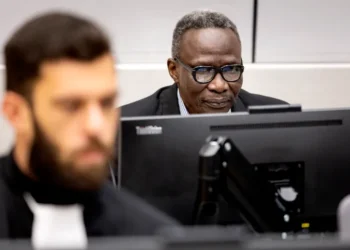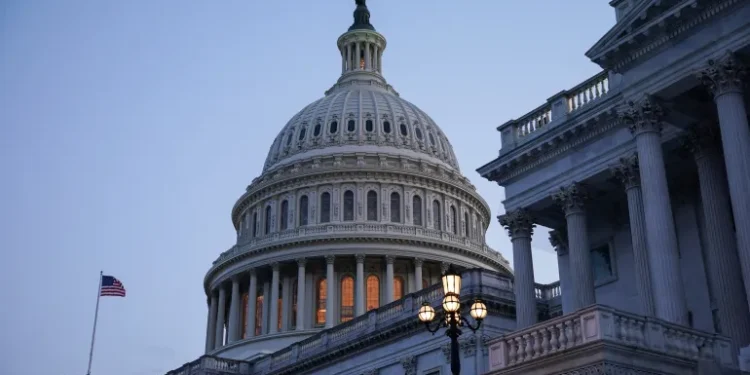Ugandan security forces have surrounded the headquarters of the National Unity Platform (NUP), the main opposition party, ahead of a planned rally protesting alleged corruption and human rights abuses.
This move has angered long-standing President Yoweri Museveni, who accused unnamed “foreigners” of orchestrating the protest.
On Monday, July 22, police and soldiers blocked access to the NUP office near the capital, Kampala.
NUP leader Robert Kyagulanyi, also known as Bobi Wine, reported that the blockade prevented people from entering or leaving the headquarters and that some individuals had been roughly detained.
“These cowards have turned the National Unity Platform Headquarters into a military barracks. Several leaders have been violently arrested. They have now blocked the roads leading to the office. All because they are scared of the people. And yes, when we lose our fear of them, they will lose their power over us.”
Robert Kyagulanyi
Bobi Wine, a 42-year-old pop star turned politician, has become the primary challenger to Museveni in recent years.
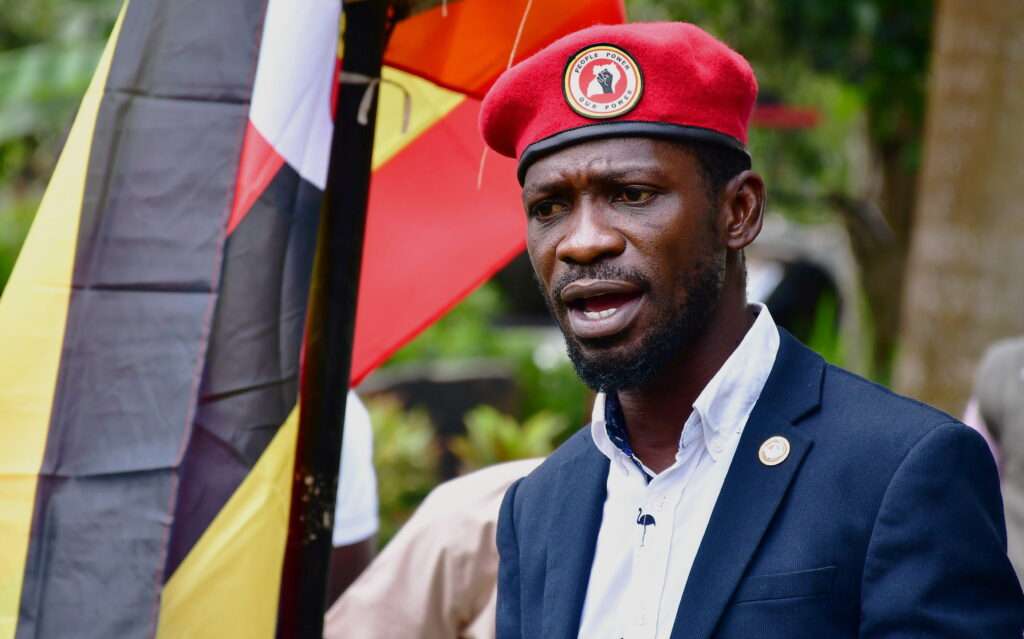
The 79-year-old Museveni has ruled Uganda since 1986, but the country’s youth have recently spearheaded unrest, planning to march to parliament on Tuesday, July 23 to protest against alleged widespread corruption and human rights abuses.
Police spokesperson Kituuma Rusoke stated that security forces took precautionary steps against NUP’s “mobilization for the protest.”
“We have been monitoring [this]. Their activities raised a red flag and we took precaution[ary] measures,” he said.
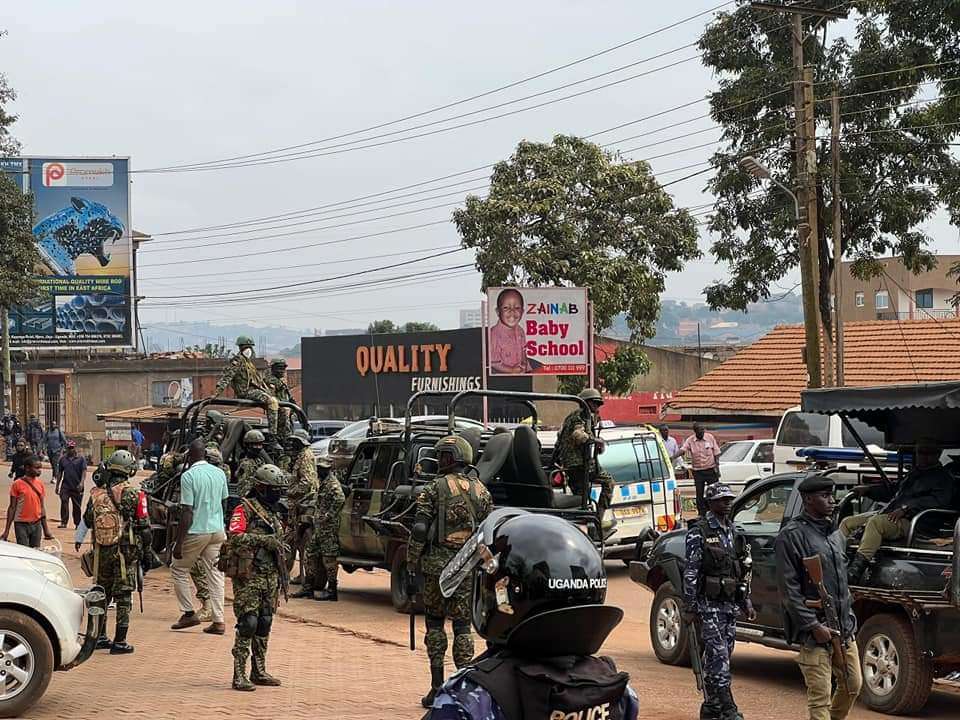
Opposition leaders and human rights activists argue that embezzlement and misuse of government funds are rampant in Uganda.
They accuse Museveni of failing to prosecute high-level officials who are politically loyal or related to him.
Museveni has consistently denied tolerating corruption, insisting that culprits, including lawmakers and ministers, are prosecuted if sufficient evidence exists.
In a speech on Saturday, the president warned Uganda’s youth against the planned protest, cautioning that they are “playing with fire.”
“Some elements, some of them from the opposition, are always working with the foreigners to foment chaos in Uganda – riots, illegal demonstrations, illegal and inconsiderate processions, etc. These people … should check themselves or we shall have no alternative but to check them.”
Yoweri Museveni
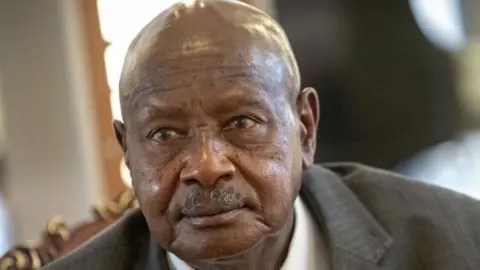
Public Outcry
The actions of the security forces and Museveni’s statements have sparked frustration among Ugandans on social media.
One user, Nyabasa Danvas, expressed his anger, saying, “If Ugandans will wake and chase Museveni out of power, Kenya push Ruto to end corruption and TZ reminds Suluhu that Maghufuli left a functional economy EA we’ll have a functional economy block. Viva Ugandans.”
Another user, Janice Kyakundwa, wrote, “A government that fears its own people is a government that knows it has betrayed their trust.”
Corruption Index
Uganda remains in the bottom quarter of the global barometer of public sector corruption, unchanged from last year.
According to Transparency International’s Corruption Perceptions Index, the country scored 26 on a scale of 0-100, where 0 indicates a highly corrupt public sector and 100 a clean system.
The organization highlighted weak checks and balances in the region, pointing out that bribery, extortion, and political interference in the judiciary have weakened its role in protecting basic human rights and social justice.
As tensions rise, the coming days will be crucial in determining the direction of Uganda’s politics.
The planned march and the government’s response would likely set the stage for the next chapter in the ongoing struggle between the opposition and the long-entrenched Museveni administration.
READ ALSO: CoE in Crisis: An Urgent Plea for Resolution Amid CETAG Strike







